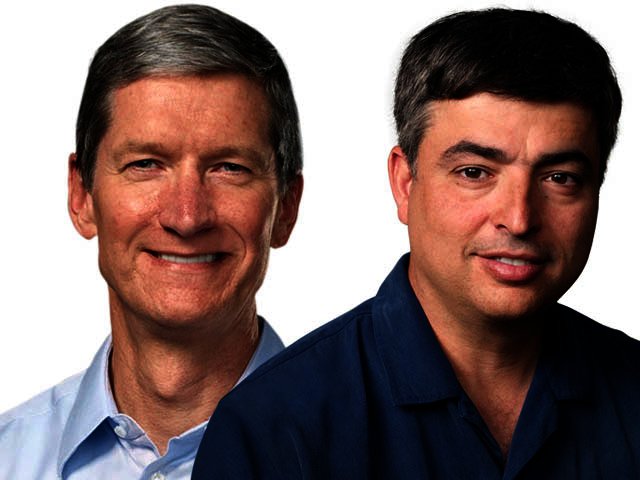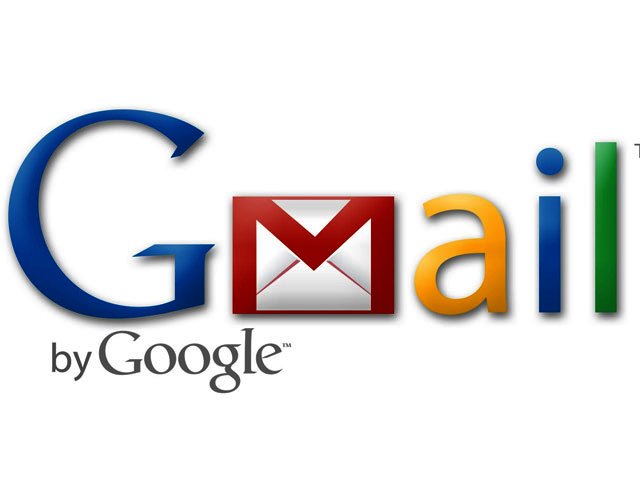Tech News Roundup - The Spring into Action edition
By Ryan Noik 2 September 2011 | Categories: news
Tim Cook makes his move
A week after being appointed Steve Jobs’ successor and the new chief executive officer of Apple, Tim Cook has apparently wasted no time making his first move. According to 9to5Mac, Cook has promoted Eddie Cue, who was Apple’s iTunes chief, to senior vice president of Internet Software and Services. His duties will include overseeing all of Apple’s cloud offerings, such as the App Store, which is a cornerstone to the iPad’s success, iTunes, iBookstore and the forthcoming iCloud.
In an glowing email leaked on the site, Cook credits Cue as playing a “major role in creating the Apple online store in 1998, the iTunes Music Store in 2003 and the App Store in 2008.”Cue is also a 22-year Apple veteran that was ranked by business-focused website Fast Company as being the “second most creative person” in their annual list of creatives, which cited Cue as ‘holding the key to the Apple kingdom.’ The move will likely go a long way towards reassuring that Apple is in capable hands and on track with its current course following Jobs' resignation.
Google launches offline Gmail, calendar, docs
While Gmail and its associated applications have become prime examples of cloud-based productivity, the company announced this week the launch of Gmail Offline, in recognition of the fact that many people still find themselves in situations where they do not have internet access.The new Chrome Web Store app though only runs on Google’s Chrome browser. The company explained that it’s intended “for situations when you need to read, respond to, organize and archive email without an internet connection. This HTML5-powered app is based on the Gmail web app for tablets, which was built to function with or without web access.” After installing the Gmail Offline app users will be able to continue using Gmail when they lose their connection by clicking the Gmail Offline icon on Chrome’s “new tab” page.

According to the Guardian, Microsoft landed in hot water this week. A lawsuit was lodged against it amidst claims that the company had continued to collect users’ data from its Windows Phone 7 OS even after users had opted out of location tracking. The lawsuit further claimed that users are being tracked when their phone camera is activated.
According to the newspaper, Redmond based Microsoft had previously explained to the US Congress in its representation on the issue earlier this year that “user tracking helped them deliver more useful and relevant experiences to users." The statement further continued: "To provide these rich experiences, Microsoft collects limited information necessary to determine the approximate location of a device. Collection is always with the express consent of the user and the goal of our collection is never to track where a specific device has been or is going. We believe that, when designed, deployed and managed responsibly, the location-based feature of a mobile operating system should function as a tool for the user and the applications he or she elects to use, and not as a means to generate a database of sensitive information that can enable a party to surreptitiously 'track' a user."
However, user location services, and most particularly the privacy of what and how much data is collected via one’s smartphone, has become a hot button issue this year.

Chrome celebrates third year anniversary
In another Google story, the internet giant celebrated the third year anniversary of its Chrome browser this week. Ben Goodger and Darin Fisher, software engineers for the browser, marked the occasion in a blog post by charting the highlights of the past twelve months on the Chrome platform.
These included a new settings interface which aimed to help users find the right settings quickly with an integrated search box, and Print Preview, which used Chrome’s built-in PDF viewer to display the preview, and enables users to save any webpage as a PDF file using the “Print to PDF” option. Another feature, focused on security, was the introduction of enhanced Safe Browsing technology, which warned users before downloading some types of malicious files, while malicious content was detected without Chrome or Google having to know about the URLs being visited or the files being downloaded.
Finally, the pair wrote on the official blog that the past year brought the Chrome Web Store - an open marketplace where users could search for and discover web applications, both free and paid, along with ratings and reviews. “The web community has continued to inspire us, bringing the power of the web into all kinds of apps and experiences, with all modern browsers making great strides in speed, simplicity and security,” added Goodger and Fisher.

While previously we had to be satisfied with a few details on Sony’s forthcoming Android tablets, more details have been leaking out gradually. In the video below, however, Sony’s 9.4” S1 is unboxed – unpacked and demonstrated in use.
The S1 boasts an unfamiliar form factor in so far as Android tablets are concerned, inspired by the feel of holding a magazine, as well as providing a natural tilt for typing when rested horizontally. The device is set to have a NVIDIA Tegra 2 processor, has a resolution of 1280 x 800 pixels, run Android 3.1 Honeycomb and be PlayStation certified, enabling it to play PlayStation games.
Most Read Articles

Have Your Say
What new tech or developments are you most anticipating this year?



